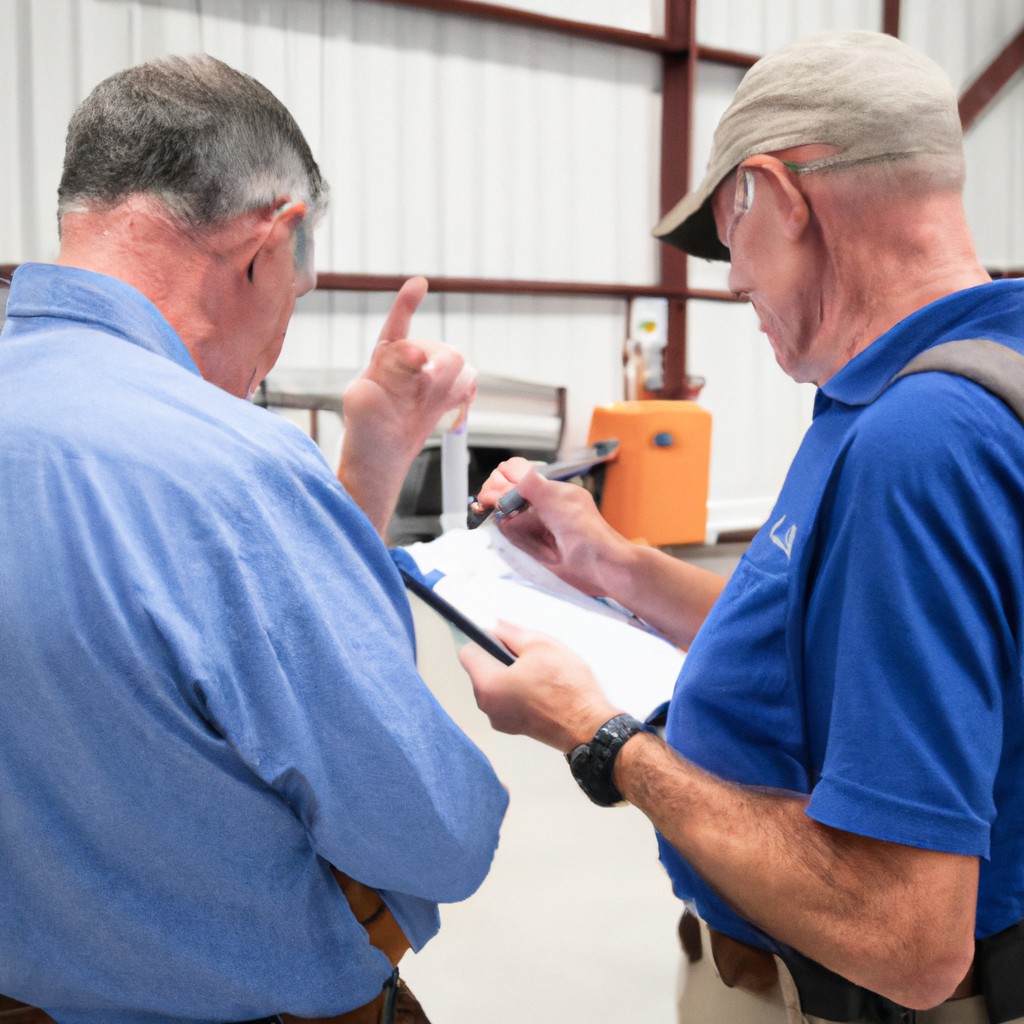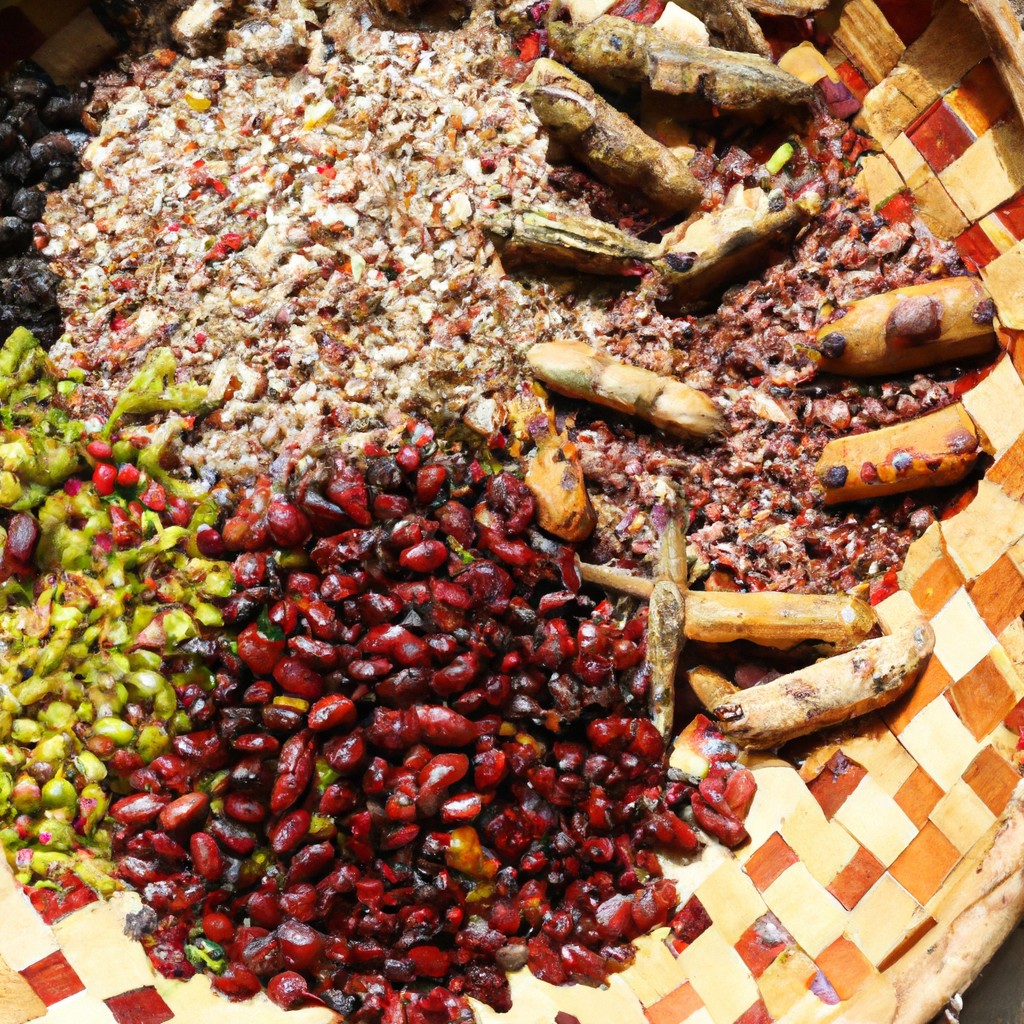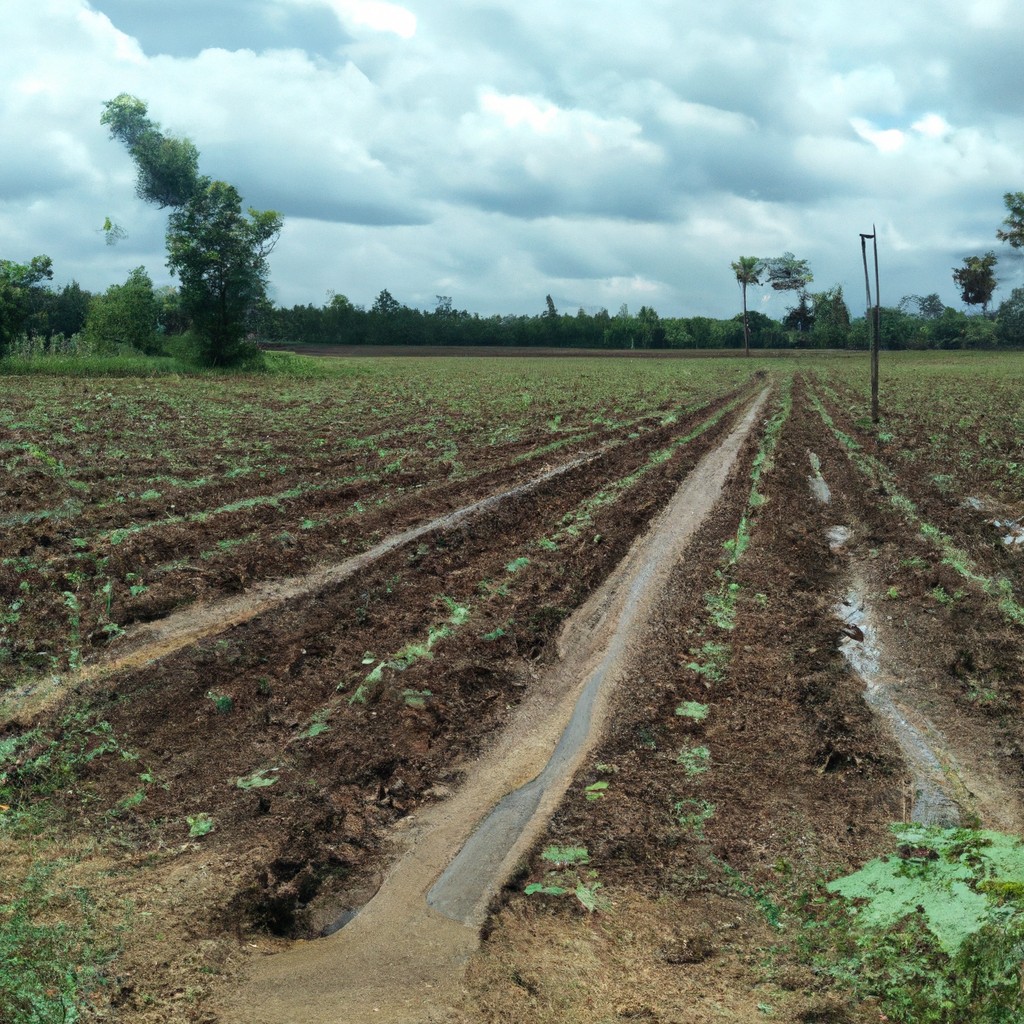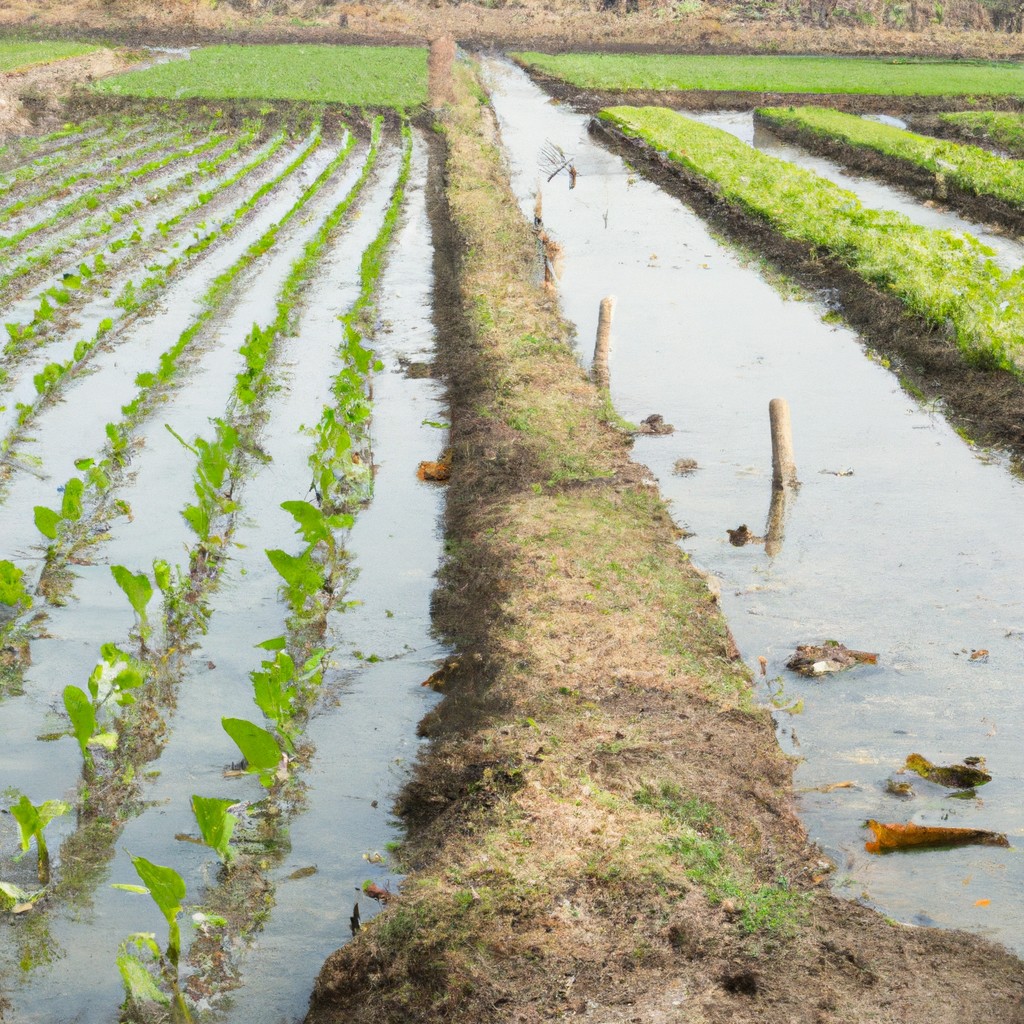Discover how the Texas Ag Exemption can reduce your property taxes, while also demystifying the requirements and benefits for those in the agricultural sector.
Look Inside:
What Is the Texas Agricultural & Timber Exemption?

Howdy, landowners! Imagine a scenario where your agricultural pursuits in Texas come with a financial sidekick. That’s the Texas Agricultural & Timber Exemption for you. This nifty little benefit is designed to lower property taxes on agricultural land. Why? Because Texas just loves its farmers and ranchers.
Here’s the scoop:
It’s meant for those who put their land to good, productive use, such as raising adorable cows, cultivating crops, or perhaps wrangling timber.
This isn’t a blanket freebie; it’s a special appraisal that assesses land based on its current agricultural use rather than its market value.
Lower taxes mean more money for expanding that cucumber empire or starting your own alpaca squad.
The program essentially keeps your land tax as lean as a diligently grazed prairie. Stay within the rules, and your pocket laughs all the way to the bank. Yeehaw!
How Do You Qualify for the Special Appraisal?
Grab your cowboy boots and let’s dive into the numbers. To rope in this exemption, your land must be primarily used for farming or timber activities. Think grazing cattle, not greasing golf carts.
Historically, the property needs to have been in ag or timber use for at least five out of the past seven years. So if your land just recently transitioned from a squirrel circus to a sprawling ranch, you might need to hold your horses.
The size matters, but we’re not talking Texas belt buckles here. The parcel should meet the minimum area requirements specific to the ag activity planned. Turning a postage-stamp garden into a tax haven just won’t cut the mustard.
Lastly, be ready to bamboozle the tax appraiser with proof of income from agricultural operations, if necessary. Think receipts, barn selfies, and maybe even a cow autograph. All for the sake of saving some greens while you grow some greens!
How to Claim the Special Appraisal
Ready to claim that special appraisal? It’s as thrilling as a rodeo ride but thankfully less bumpy. Here’s the roundup of what you need to do:
First, mosey on over to your local appraisal district office. Since it’s the only grand tour without a celebrity host, make sure you bring your enthusiasm and necessary paperwork. Like most paperwork shindigs, expect to wrangle documents like proof of property use.
Second, fill out the application form. Think of it as a treasure map leading to tax savings, minus the pirates. You’ll need to detail farm or ranch activities, but don’t worry, they’re not grading your penmanship.
Next, submit your application before the deadline. Timing is everything—miss it, and you might feel like the only cactus left out in the rain.
If approved, pour yourself a celebratory glass of organic milk. If not, you have the right to appeal. Pull back the lasso and give it another whirl!
Losing Eligibility
Losing eligibility for the Texas ag exemption can happen faster than a sneeze in a haystack. One slip and you’re back to full taxation faster than a frog on a hot griddle.
First, ensure that the land remains in agricultural use. Start grazing llamas or growing concrete, and the exemption could vanish.
Next, changing ownership or altering the size of the land without updating the tax office can cause issues. The taxman doesn’t like surprises unless it’s a coupon for bean dip.
Also, remember that utilizing the land predominantly for agricultural purposes is key. If it starts resembling more of a botanical garden or a monster truck rally arena, well, adios exemption.
Simply put, keep your ducks—and your cows, goats, and crops—in a row to stay in the game!
How to Maximize Savings & Benefits
Optimizing your exemption opportunities can make a difference almost as big as Texas itself.
First, keep documentation as neat as a calf at a county fair. This means maintaining clear records of your farming operations and property use. Trust me, the tax folks love a well-organized binder. Keep receipts and any sales data handy, proving your property’s agricultural prowess.
Consider diversifying your production. Multiple sources of income, like crops and livestock, might not only maximize profits but also enhance your exemption status. Think of it as crop insurance for your exemption.
Regularly review and understand the changing exemption laws. Texas laws evolve faster than a coyote chasing a roadrunner. Staying informed ensures you don’t miss out on potential benefits or run afoul of regulations.
Engage with local agricultural extension offices. These unsung heroes offer resources, workshops, and guidance crucial for maximizing your savings. Plus, it doesn’t hurt to have some friends in your corner.
Lastly, consult with a tax professional familiar with ag exemptions. They can help find every nook and cranny of savings, ensuring you pocket a little more hoedown money. Make sure they speak Texan, though.




